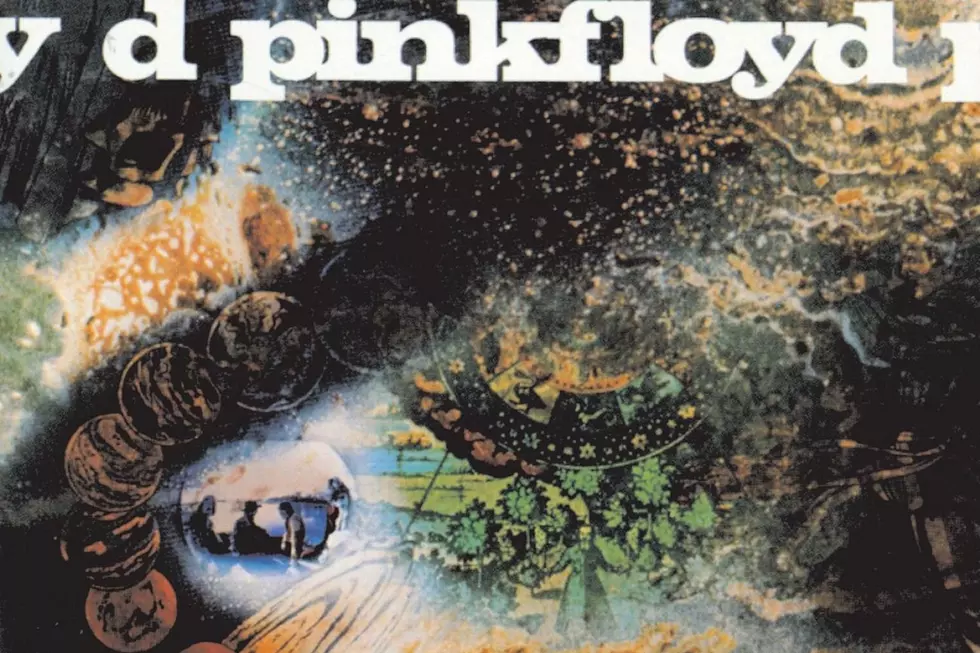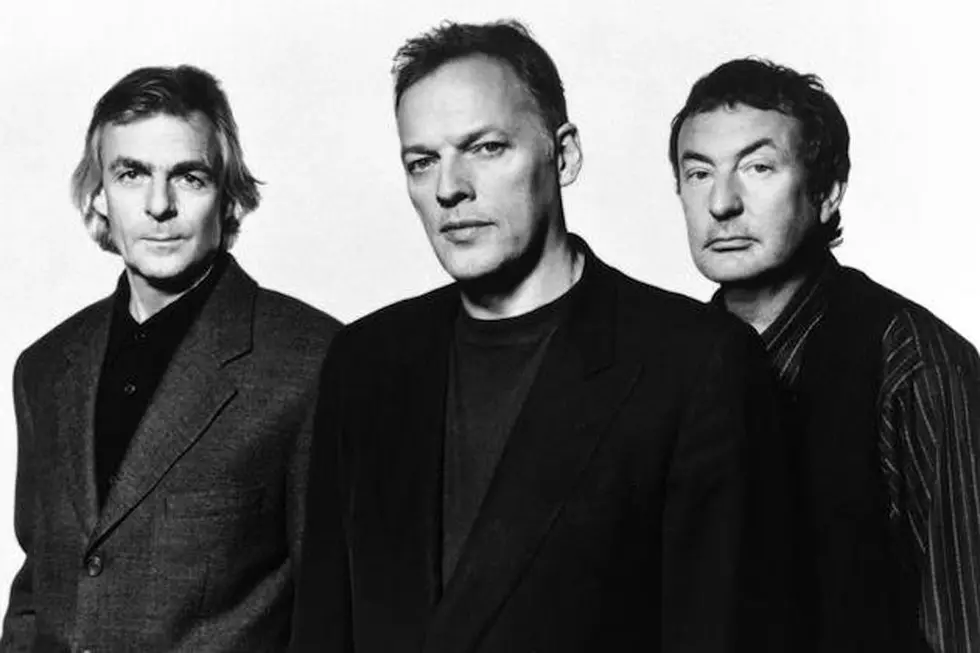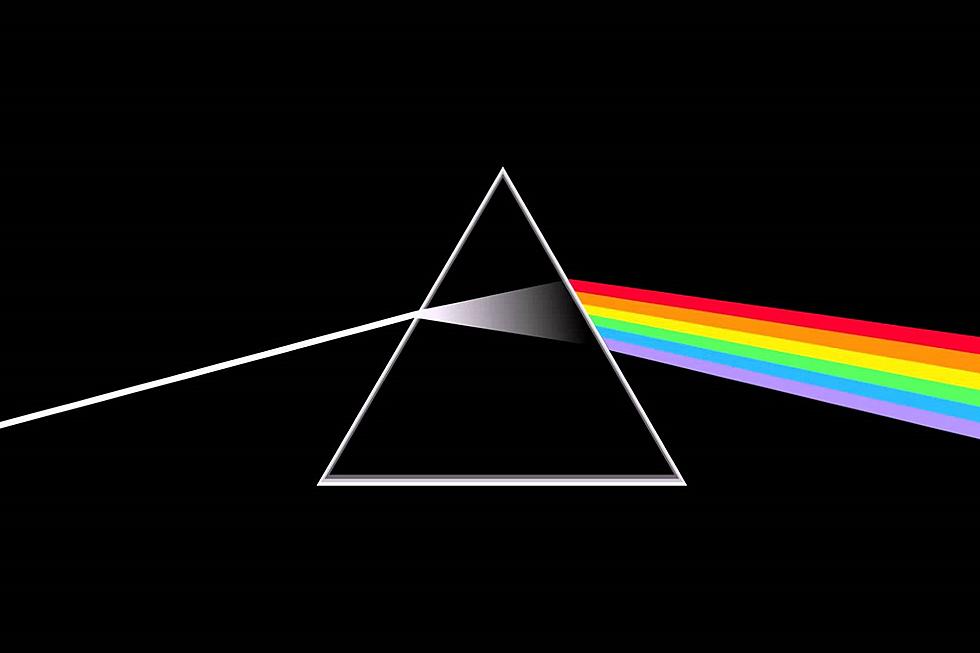
How Pink Floyd Carried on With ‘A Saucerful of Secrets’
Even though it was only Pink Floyd's second album, A Saucerful of Secrets is the literal sound of a band in transition, clinging to its past even as it plunges forward into the unknown. The album is often overlooked by casual fans. It isn't a front-to-back masterpiece like The Dark Side of the Moon or Wish You Were Here, and it lacks a distinctive radio classic. But it's a crucial album in the band's sonic evolution.
Saucerful marks the end of the Syd Barrett era. Though his whimsical brand of psychedelic pop was the band's original guiding force (he composed the bulk of their 1967 debut, The Piper at the Gates of Dawn), Barrett's erratic behavior and hard drug use nearly derailed Pink Floyd altogether. The remaining trio (bassist Roger Waters, keyboardist Richard Wright and drummer Nick Mason) recruited guitarist-singer David Gilmour, Barrett's old college friend, as a replacement.
As a result, A Saucerful of Secrets is also the birth of the Gilmour era – and the music reflects this artistic disparity. Several tracks (the chiming, Wright-penned "Remember the Day," the kaleidoscopic Barrett swan song "Jugband Blues") fall in line with the highly British psychedelia of Piper; meanwhile, the extended, textural epics ("Let There Be More Light," the droning "Set the Controls for the Heart of the Sun") point toward the more progressive style explored on Pink Floyd's classic '70s albums. (Fun Floyd Fact: "Set the Controls" is the only Floyd track to feature Barrett and Gilmour, both playing electric guitar.)
Listen to Pink Floyd's 'Jugband Blues'
"They wanted me to play [Barrett's] parts and sing his songs," Gilmour told Guitar World in 1993. "Nobody else wanted to sing them, and I got elected. That was my job – as far as live shows were concerned, anyway. Me and Syd played together only five gigs in Pink Floyd. Or maybe four. Maybe the Southampton was supposed to be the fifth one; I don’t remember. While all this was happening, we were also trying to make the new album, A Saucerful of Secrets. But live, we didn’t play the tracks from that, but virtually all Syd’s stuff. Because there wasn’t anything else to do. It was either that or back to Bo Diddley covers."
In that same interview, Gilmour reflects on the 12-minute title track – a disorienting blend of sound-effects, choral vocals and haunting Mellotron – as the album's true centerpiece. "I don’t think the band really knew quite where they wanted to go after Syd’s departure," he said. "'A Saucerful of Secrets' was a very important track; it gave us our direction forward. If you take 'A Saucerful of Secrets,' 'Atom Heart Mother' [from 1970's Atom Heart Mother] and 'Echoes' [1971's Meddle] – all lead logically to Dark Side of the Moon."
While A Saucerful of Secrets isn't as enigmatic as the band's subsequent masterpieces, it remains a fascinating snapshot of a band carving out a new identity.
Top 50 Progressive Rock Albums
You Think You Know Pink Floyd?
More From Talk Radio 960 AM










